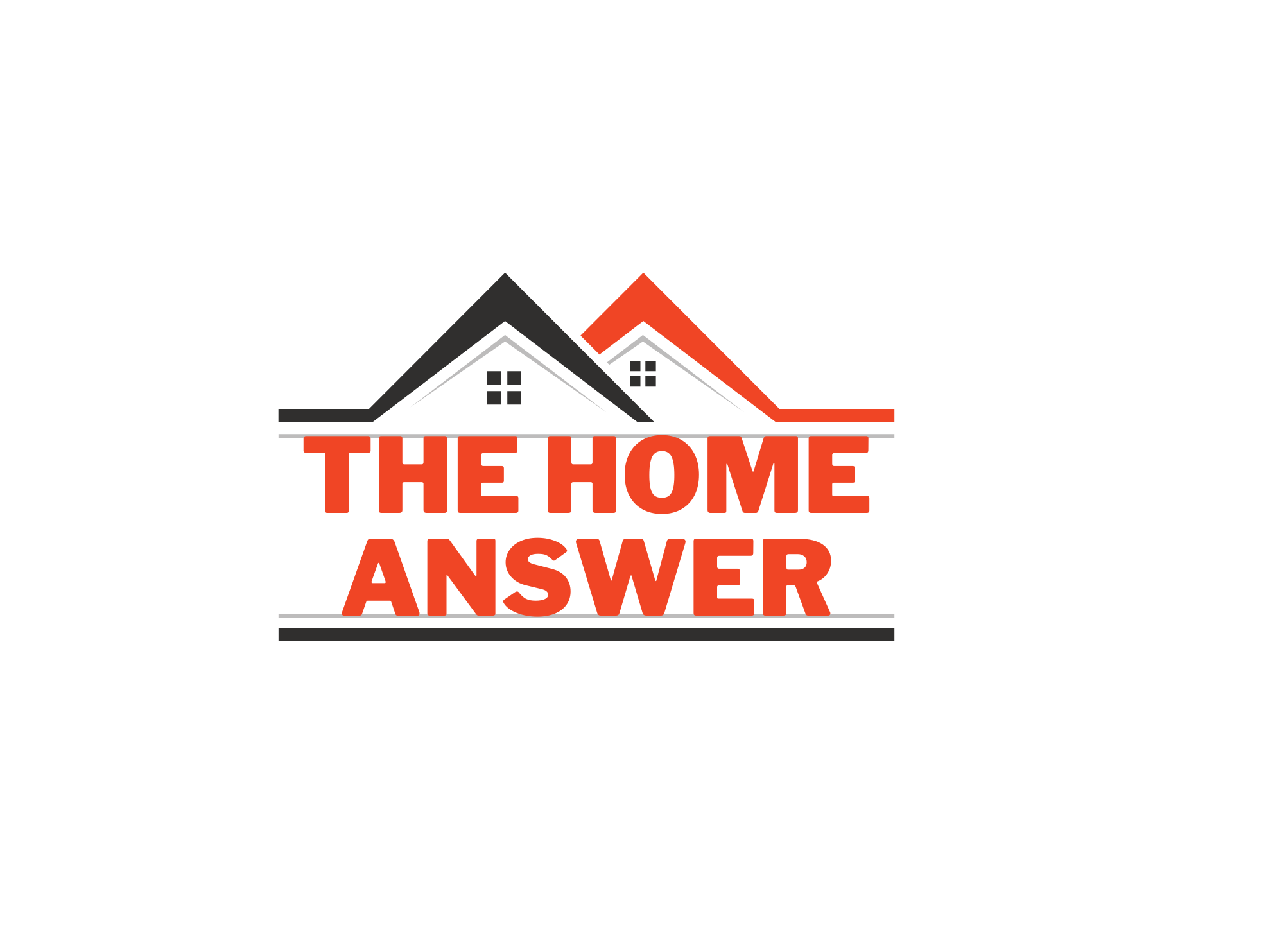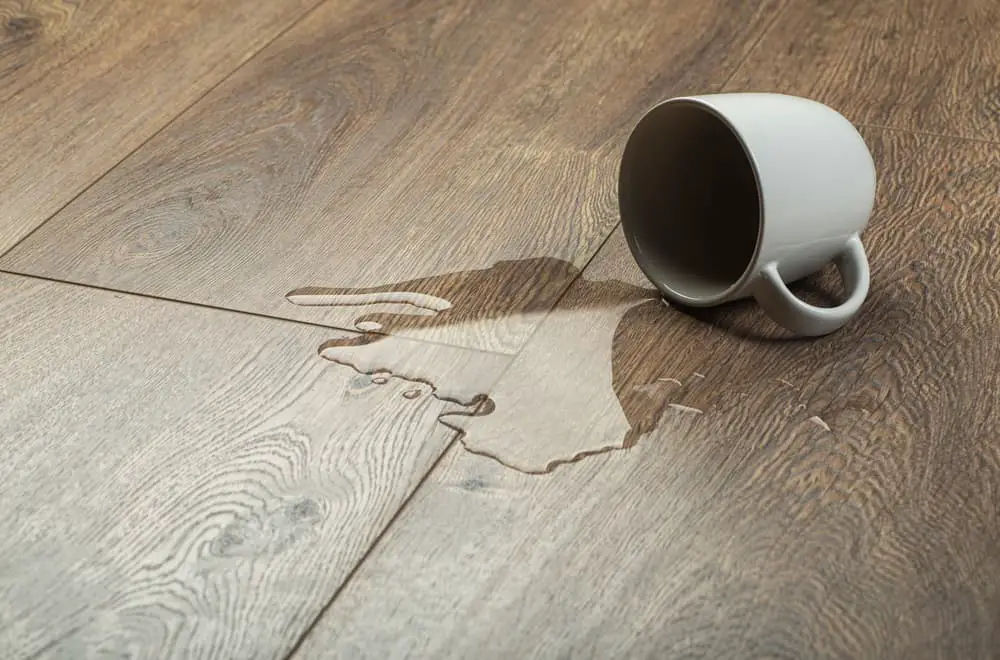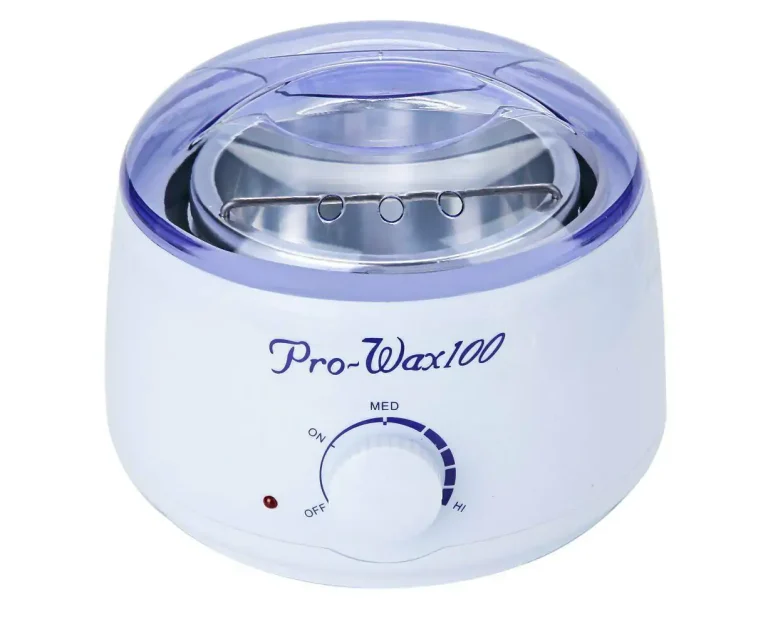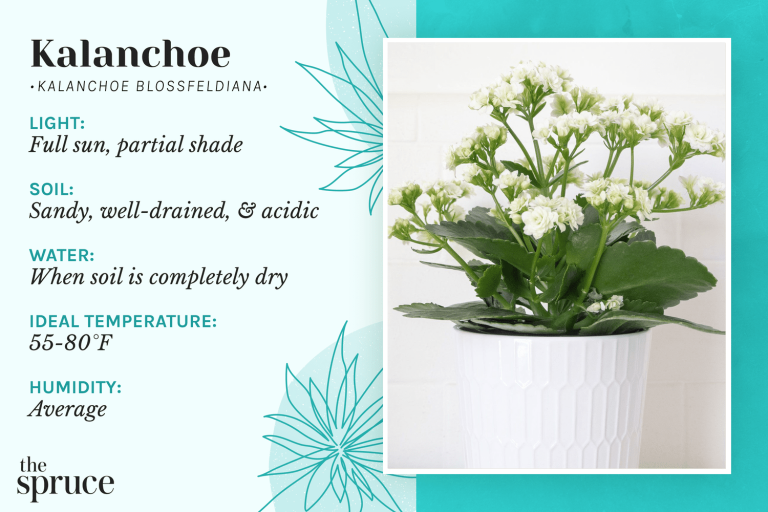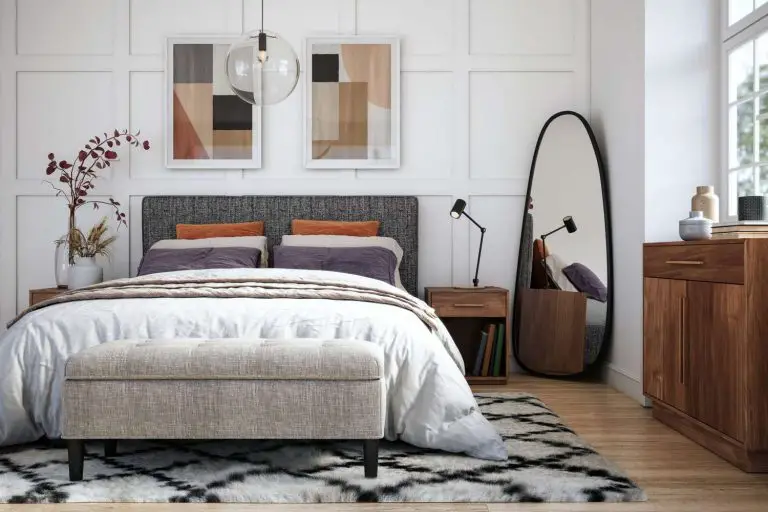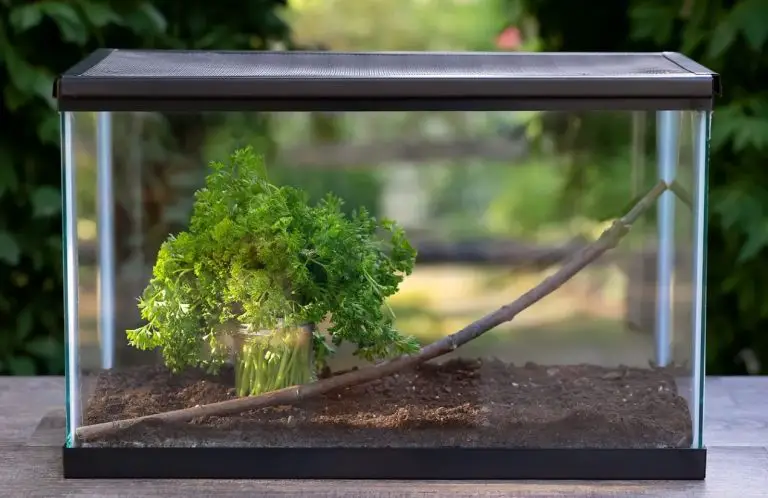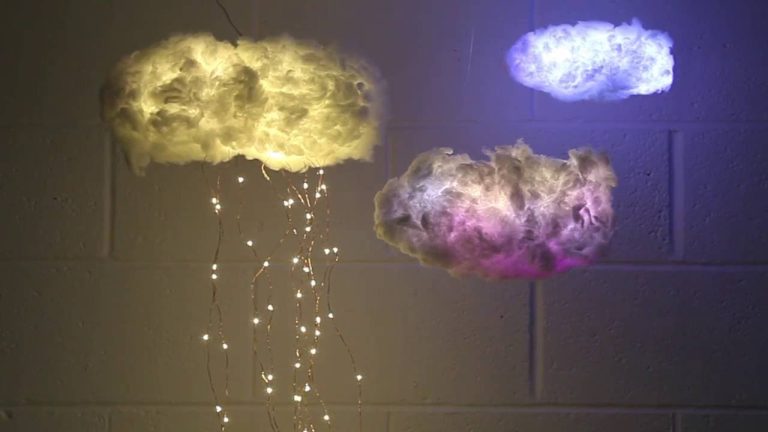What Will Damage Luxury Vinyl Plank Flooring?
There are a few things that can damage luxury vinyl plank (LVP) flooring. Water is the most common and can cause swelling, warping, and discoloration. Other liquids like oil or alcohol can also cause damage.
Sharp objects can scratch or dent the surface of the planks. Heavy furniture can leave indentations if not properly supported. Lastly, sunlight exposure can fade the color of LVP over time.
Luxury vinyl plank flooring is a great option for those who want the look of hardwood floors without the high price tag. However, like all flooring products, the luxury vinyl plank can be damaged if not properly cared for. Here are some things that can damage your luxury vinyl plank flooring:
– spills and stains: any liquid that is spilled on luxury vinyl plank flooring can cause damage. Be sure to clean up any spills as soon as possible to prevent staining. – dirt and dust: sweeping or vacuuming your luxury vinyl plank flooring on a regular basis will help to prevent dirt and dust from damaging the surface.
– sunlight: direct sunlight can fade the color of luxury vinyl plank flooring over time. If you have large windows in your home, consider installing blinds or curtains to protect your floors from UV rays.

Credit: www.fcimag.com
What Should You Not Use on Luxury Vinyl Plank Flooring?
Luxury vinyl plank flooring is a relatively new product on the market and has quickly become a popular choice for homeowners. It is durable, easy to maintain, and comes in a variety of colors and styles. While luxury vinyl plank flooring is a great option for many homes, there are some things you should avoid using on this type of flooring.
Here are four things to avoid using on luxury vinyl plank flooring:
- Steam mops – Steam mops can damage luxury vinyl plank flooring by causing the planks to warp or discolor. If you must use a steam mop on your luxury vinyl floors, be sure to use the lowest setting possible and keep the steam head moving so it doesn’t stay in one spot for too long.
- Harsh chemicals – Avoid using harsh chemicals such as bleach or ammonia on luxury vinyl plank floors as they can damage the finish or cause the planks to fade in color. Instead, opt for milder cleaning solutions made specifically for luxury vinyl floors.
- Abrasive materials – Abrasive materials such as steel wool or scouring pads can scratch or dull the surface of luxury vinyl plank floors. Stick to soft cloths when cleaning this type of flooring.
- Waxes or polishes – Waxes and polishes are not necessary for cleaning luxury vinyl plank floors and can actually leave behind a sticky residue that attracts dirt and dust.
Will Heavy Furniture Damage Vinyl Plank Flooring?
No, heavy furniture will not damage vinyl plank flooring. This is because vinyl plank flooring is a very durable type of flooring that can withstand a lot of weight and pressure. So, if you have heavy furniture in your home, you don’t need to worry about it damaging your vinyl plank floors.
What Destroys Vinyl Flooring?
Vinyl flooring is a durable and popular choice for many homeowners. However, like all flooring materials, it is not indestructible. There are a few things that can damage vinyl flooring, making it necessary to replace it sooner than expected.
One of the most common causes of damage to vinyl floors is sunlight. Ultraviolet (UV) rays from the sun can cause the color of the vinyl to fade and the material to become brittle over time. This type of damage is more likely to occur in rooms that get a lot of direct sunlight, such as windows or skylights.
To help prevent this type of damage, you can install blinds or curtains on your windows to block out some of the sun’s rays. Another common cause of damage to vinyl floors is water. Water can seep into cracks and seams in the flooring, causing it to swell and warp.
This type of damage is often irreversible and can lead to costly repairs or replacement. To help prevent water damage, you should mop up spills immediately and avoid walking on wet floors. You should also keep an eye out for leaks around your home and have them repaired as soon as possible.
If you have pets, they may also be responsible for damaging your vinyl floors. Sharp claws can scratch the surface of the vinyl, while accidents like urinating or vomiting can stain and discolor the material.
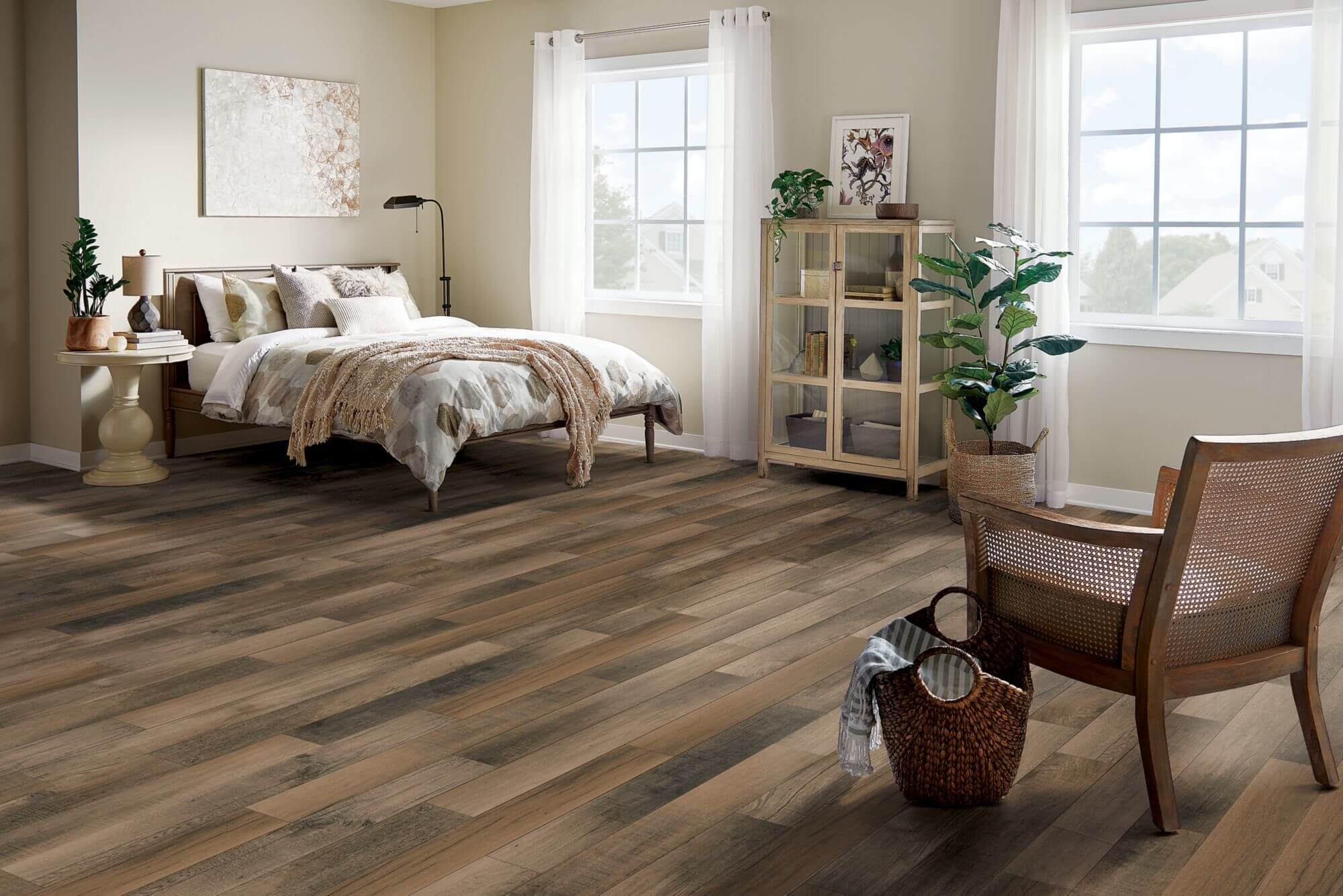
Credit: www.flooringliquidators.ca
How Do I Protect My Luxury Vinyl Plank Flooring?
Luxury vinyl plank flooring (LVP) is a popular choice for many homeowners because it offers the look of hardwood floors without a high price tag. However, LVP is not indestructible and can be damaged if not properly cared for. Here are some tips on how to protect your LVP floors:
- Sweep or vacuum regularly. This will help to remove dirt and debris that can scratch or dull the surface of your floors.
- Place mats at all entrances to your home. This will help to trap dirt and moisture before it has a chance to get onto your floors.
- Use furniture pads under all legs of furniture pieces. This will prevent scratches and indentations in your flooring from heavy furniture items.
- Place rugs in high-traffic areas. Rugs can help to protect your floors from wear and tear in areas where there is a lot of foot traffic.
The Truth About Vinyl Plank Flooring
Vinyl plank flooring is one of the most popular types of flooring on the market today. It is often chosen for its durability, low maintenance, and variety of style options. However, there are some things about vinyl plank flooring that you may not know.
Here is the truth about vinyl plank flooring:
- Vinyl plank flooring is made from PVC plastic.
- Vinyl plank flooring can be either glued down or floated (installed without adhesive).
- Vinyl plank flooring is durable and easy to care for an option that is ideal for high-traffic areas in your home.
- While vinyl plank floors are resistant to water damage, they are not waterproof and should not be used in areas where there is a risk of flooding.
- Vinyl plank floors can be susceptible to scratches and scuffs if they are not properly maintained.
Regular sweeping and mopping will help keep your floors looking like new.
Non-Toxic Vinyl Flooring Brands
There are a few companies that make non-toxic vinyl flooring. The two most popular brands are Greenguard and FloorScore. Greenguard is a certification program that tests products for low chemical emissions.
Only products that meet their standards are given the Greenguard label. FloorScore is another certification program with similar standards to Greenguard. They test for volatile organic compounds (VOCs) and give their certified products a FloorScore label.
Both of these programs have different levels of certification, with some products meeting stricter standards than others. Some flooring brands that have at least one product with either the Greenguard or FloorScore label include Armstrong, Congoleum, Gerflor, Mannington, Mohawk, Shaw Floors, and Tarkett. When choosing vinyl flooring, it’s important to check the product specs to see if it has been certified by either Greenguard or FloorScore (or both).
This will ensure you’re getting a quality product that won’t off-gas harmful chemicals into your home.
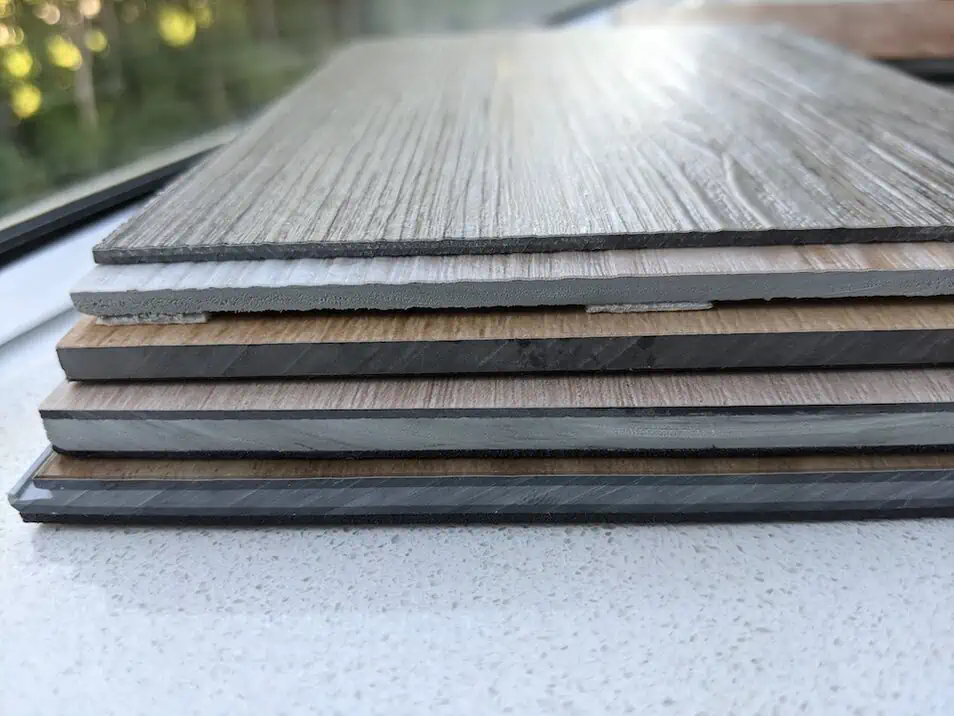
Credit: www.mychemicalfreehouse.ne
Is Luxury Vinyl Plank Flooring Toxic
Luxury vinyl plank flooring (LVP) is a popular and trendy type of flooring that has many benefits. It is durable, easy to maintain, and has a realistic wood appearance. However, some people are concerned about the safety of LVP because it contains phthalates.
Phthalates are chemicals that can be toxic to humans and animals. Fortunately, there are ways to avoid exposure to these chemicals. When choosing LVP flooring, look for products that are certified by the FloorScore program.
This certification means that the product meets strict standards for indoor air quality. You can also choose LVP with low VOCs (volatile organic compounds). These products emit fewer chemicals into the air, making them safer for your family and pets.
To further reduce your risk of exposure to toxins, have your LVP installed by a professional. This will minimize your exposure during the installation process. And be sure to ventilate the area well after installation is complete.
Open windows and doors to allow fresh air in and help remove any lingering fumes from the new flooring.
Floating Vinyl Plank Flooring Problems
If you’re considering installing floating vinyl plank flooring in your home, you may want to reconsider. While this type of flooring is attractive and relatively easy to install, there are some serious problems that can occur. Here’s a look at some of the most common floating vinyl plank flooring problems:
- The planks can warp over time.
- The planks can come loose from their moorings, causing them to shift and create gaps.
- Water can seep between the planks and cause warping or mold growth.
- The edges of the planks can be sharp, making them a tripping hazard.
- The surface of the vinyl plank flooring can be difficult to clean and keep free of dirt and grime build-up.
Vinyl Plank Flooring is Junk
If you’re in the market for new flooring, you may have come across vinyl plank flooring and wondered if it’s a good option. Unfortunately, we’ve got some bad news: vinyl plank flooring is junk. Here’s why:
- It’s made of plastic. That’s right, vinyl plank flooring is nothing more than thin sheets of plastic that are designed to look like wood. Not only does this mean that it’s not as durable as real wood floors, but it also means that it’s not very eco-friendly.
- It’s not easy to install. Many people who have installed vinyl plank flooring have found that it’s not as easy to install as they were led to believe. In fact, many people have had to hire professional help to get the job done right.
- It doesn’t look great. Even if you manage to successfully install vinyl plank flooring, chances are it won’t look as good as you hoped it would. The plastic sheets tend to show every imperfection, making your floors look cheap and fake.
- It doesn’t last long. Vinyl plank flooring is simply not built to last. Over time, the plastic will start to peel and chip, leaving you with an unsightly mess that will need to be replaced sooner rather than later.
What is Bad About Vinyl Flooring
Vinyl flooring is a type of plastic that is made to look like wood or stone. It is often used in commercial settings because it is durable and easy to clean. However, there are some drawbacks to using vinyl floors.
One problem with vinyl floors is that they can be slippery when wet. This can be dangerous in areas where people are walking around barefoot or in socks. Another issue with vinyl floors is that they can emit toxic chemicals into the air.
These chemicals have been linked to health problems such as cancer and respiratory illnesses.
Is Vinyl Flooring Really That Bad
Vinyl flooring has been around for many years, and it is still one of the most popular types of flooring on the market. However, there are some people who believe that vinyl flooring is not a good choice for their home. Here are some of the reasons why people may think that vinyl flooring is bad:
- It is not as durable as other types of flooring.
- It can be difficult to clean and keep looking new.
- It can show wear and tear more easily than other types of flooring.
How Long is Vinyl Flooring Toxic
It’s no secret that many people are concerned about the health effects of vinyl flooring. After all, it’s made from PVC, which is a type of plastic that can release harmful chemicals into the air. But just how dangerous is vinyl flooring?
And how long does it take for the toxins to dissipate? Here’s what you need to know about vinyl flooring and its potential health risks. Vinyl flooring is made from polyvinyl chloride (PVC), which is a type of plastic.
PVC contains harmful chemicals known as phthalates, which can leach out of the material and into the air. Phthalates have been linked to a variety of health problems, including hormone disruptions, birth defects, and cancer. Fortunately, most vinyl flooring today is made without phthalates.
However, it may still contain other harmful chemicals, such as lead and cadmium. These metals can leach out of the vinyl over time and contaminate your home’s air and dust. Children and pregnant women are especially vulnerable to the effects of lead and cadmium exposure.
So how long does it take for vinyl flooring to off-gas toxins? That depends on several factors, including the quality of the product and the temperature in your home. In general, however, you can expect toxins to be released for at least a few months after installation.
The Truth about Luxury Vinyl Plank (LVP) Flooring!
Conclusion
Luxury vinyl plank flooring is a great investment for your home. However, there are a few things that can damage this type of flooring. Water and moisture are the biggest enemies of luxury vinyl plank flooring.
If you spill something on the floor or if there is a leak, it is important to clean it up immediately. Sunlight can also damage luxury vinyl plank flooring over time. If you have this type of flooring in a room that gets a lot of sunlight, you may want to consider using window treatments to help protect it. Lastly, heavy furniture can dent or scratch luxury vinyl plank flooring.
So be careful when moving furniture around on these floors.
